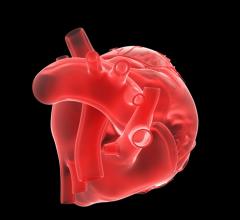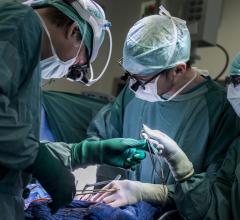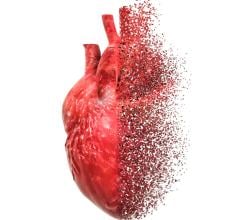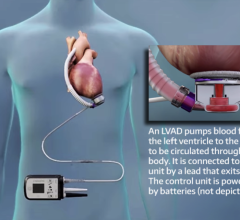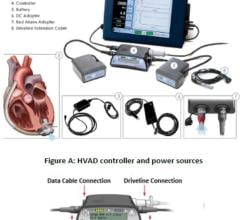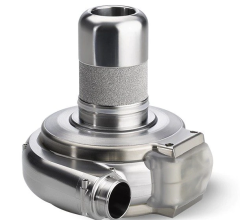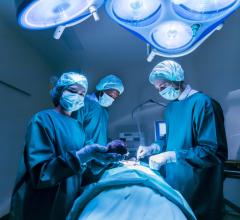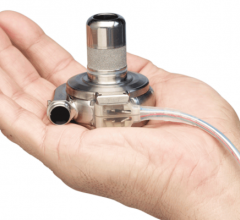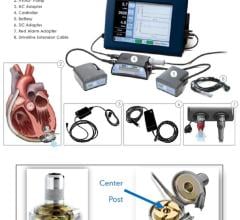June 5, 2007 — A patch designed to help damaged cardiac tissue recover from a heart attack has been successful in early animal testing and is moving toward potential human use, researchers report.
"It is a biodegradable, porous polyurethane scaffold that is placed atop the infarcted [damaged] region of the heart," explained study author William R. Wagner, a professor of surgery and bioengineering at the University of Pittsburgh. "It changes the environment during the remodeling process, and degrades over several months. The impact of it is to have a thicker heart wall."
His group reports on the patch in the June 12 issue of the Journal of the American College of Cardiology.
In a trial with rats that had induced heart attacks, the patch was implanted directly on the damaged part of the heart wall. The wall was thicker, "with abundant smooth muscle bundles," and healthier, mature heart cells, the researchers reported.
The patch is not designed to help produce new, contracting cells in the damaged part of the heart, Wagner stressed. Researchers at other institutions are working toward that goal, he said, "but our patch is more like a biodegradable girdle that changes the way the heart feels through a mechanical effect."
One advantage of the approach is that it could lead to quicker use of the technology in humans, Wagner said.
"It doesn't contain any cells that require attention from a regulatory perspective," he said. "We can suture it onto the heart, which allows a minimally invasive approach."
When and if the technology is used in humans, the patch will be implanted about two weeks after a heart attack, Wagner said. "That's when the heart becomes more symptomatic," he added.
A next step toward human use has started in a trial with pigs, a larger animal whose responses are more similar to those of people, Wagner said.
"We hope to complete the pig study this year," he said. "If then we are looking at positive results in this larger animal, it would mean we could do a clinical trial."
"We haven't paired up with a company yet," but such a commercial partnership would be necessary to bring the technology to market, Wagner said.
"From a theoretical perspective, it is reasonable to believe that it will work," he said. "It would alter the healing response so that the heart wall would not thin out and would have mechanical properties that preserve its function."
For more information visit: www.AmericanHeart.org


 June 19, 2024
June 19, 2024 
